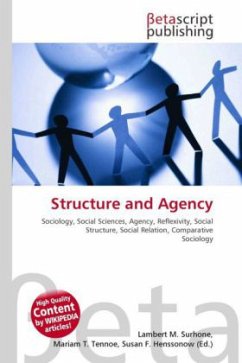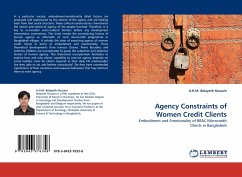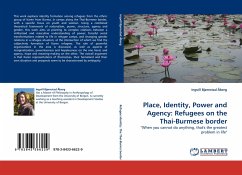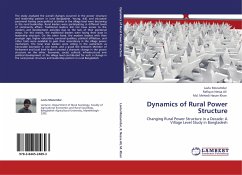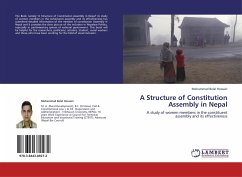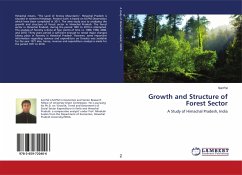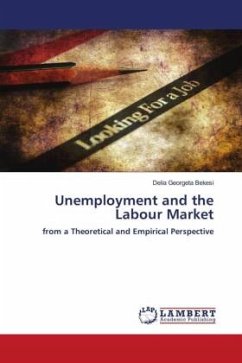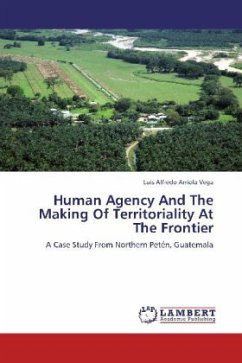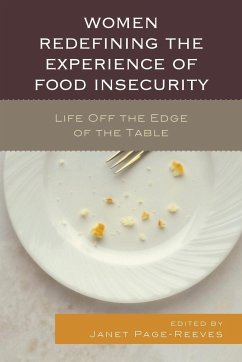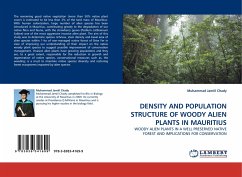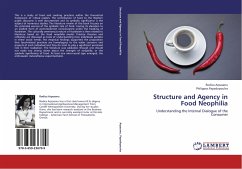
Structure and Agency in Food Neophilia
Understanding the Internal Dialogue of the Consumer
Versandkostenfrei!
Versandfertig in 6-10 Tagen
52,99 €
inkl. MwSt.

PAYBACK Punkte
26 °P sammeln!
This is a study of food and cooking practices within the theoretical framework of critical realism. The contribution of food to the Western public discourse is well documented and its symbolic significance is the subject of numerous studies. The literature review of this book focuses on the potential sources of the symbolic role of food, tracing its elevation to an exalted form of post-modernist consciousness under the heading of foodieism. The culturally omnivorous nature of foodieism is then related to literature based on the food neophilia model. Practice theories and reflexivity are discus...
This is a study of food and cooking practices within the theoretical framework of critical realism. The contribution of food to the Western public discourse is well documented and its symbolic significance is the subject of numerous studies. The literature review of this book focuses on the potential sources of the symbolic role of food, tracing its elevation to an exalted form of post-modernist consciousness under the heading of foodieism. The culturally omnivorous nature of foodieism is then related to literature based on the food neophilia model. Practice theories and reflexivity are discussed as tools of understanding how individuals partake in these social trends. The empirical findings supported the proposition that food-related practices are homologous to the wider concerns and projects of each individual and they do tend to play a significant perceived role in their realisation. The literature was validated, though one should not make too strong claims about the strength of neophilia, or the symbolic significance of food. At least one micro-social type emerged, the enthusiastic metareflexive experimentalist.



